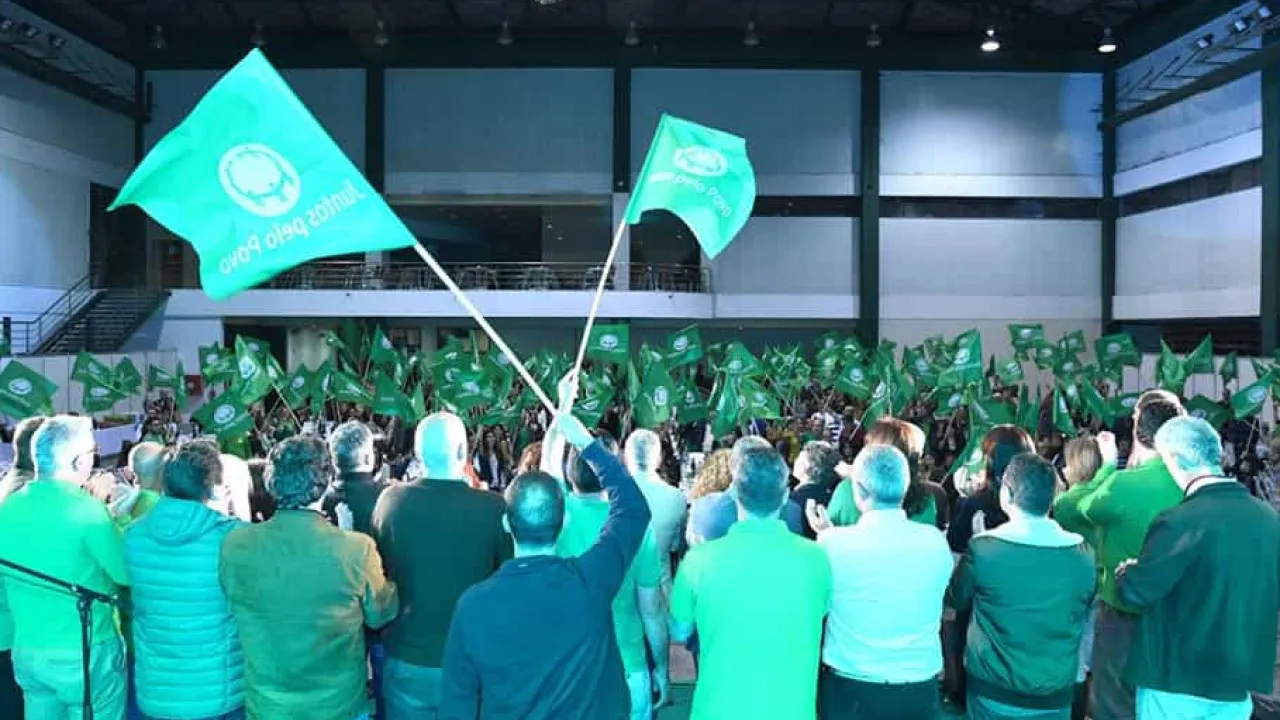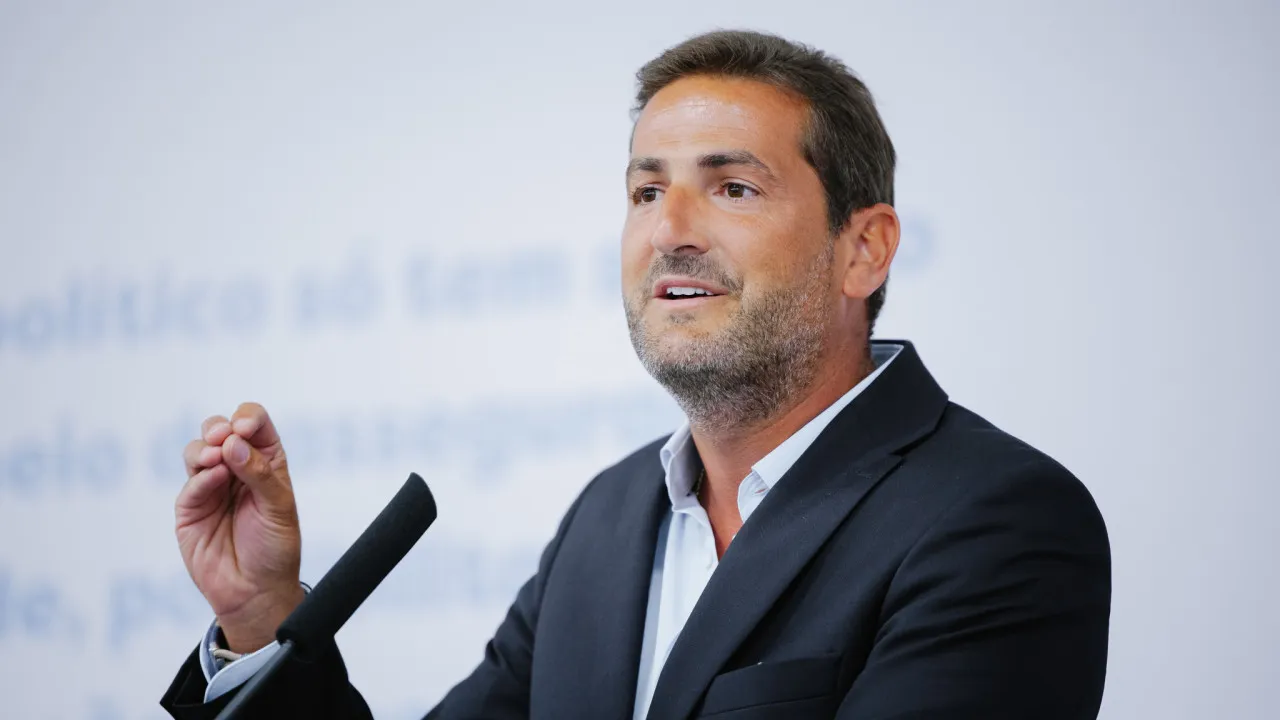The President of the Republic, Marcelo Rebelo de Sousa, stated that regarding the law on foreigners, the key issue is ensuring clarity about the legal changes being proposed, which will be clarified with the intervention of the Constitutional Court. He remarked that, politically, it will be marked in history that there was a majority supporting these solutions, and in due time, this will be judged.
Marcelo Rebelo de Sousa made these remarks to journalists during a visit to the Teleporto de Santa Maria in the Azores, after being asked about his actions if the Constitutional Court does not agree with the doubts he raised about the new law on foreigners, which prompted him to send the decree to Palácio Ratton.
“Regarding the political debate, I will consider it after the court’s decision, weighing whether it is worthwhile, for personal assertion, to impose a political obstacle to the law for three weeks or 15 days, knowing it will be approved subsequently. Or whether it is possible to handle it differently, by stating ‘I promulgate, but I disagree politically,'” Marcelo Rebelo de Sousa further commented.
He also mentioned having no significant political doubts separate from the legal issues raised and noted that his decision afterward would depend on whether the Constitutional Court finds the law fundamentally at odds with constitutional principles.
The President explained that he prioritized referring the matter to the Constitutional Court rather than initially opting for a political veto, as he finds it more beneficial to ascertain grounds for constitutional doubts, advocating that prevention is preferable to remedy.
On July 24, the President referred to the Constitutional Court a parliamentary decree modifying the legal regime concerning the entry, stay, exit, and removal of foreigners from national territory, approved by PSD, Chega, and CDS-PP.
The head of state requested a preventive examination of the constitutionality of provisions related to the right of family reunification and its exercise, the timeframe for processing requests by the Agency for Integration, Migrations, and Asylum (AIMA), and the right of appeal.
Addressing the government’s proposed changes to labor laws, Marcelo explained that the current right-wing government, unlike its predecessors, places greater emphasis on private entrepreneurs and competitiveness, a direction validated by electoral results.
“The people sometimes want the left, so let’s try the left. At other times, they want the right, so let’s try the right. Later, we’ll see if they want more right-wing governance or a different type of left-wing governance in the future. That’s called democracy,” he stated.
The President elaborated on his role in ensuring that both solutions fit within the Constitution, balancing constitutional oversight with respecting the popular will.
When questioned about potential constitutional doubts, Marcelo clarified that he lacks the ability to predict whether a text he is unfamiliar with could violate the Constitution but will swiftly review the changes to ascertain if any doubts arise.
[Updated at 22:15]




